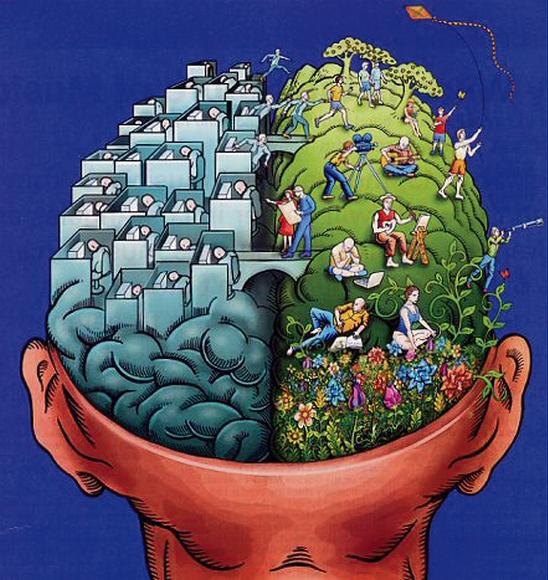COLUMN: Teachers are the key to a quality education
January 14, 2005
The most treasured gift I received at my high school graduation party was a “Beaker Buddy.” This small green fur ball with goggly eyes, tiny safety goggles and sticky paper feet was a much sought-after prize in my high school chemistry classes. Enchanting as the goggly eyes were, it was the gift-giver that had a much more profound impact on my life. My high school chemistry teacher, with his witty remarks and genuine enjoyment of his students, helped develop an enjoyment for chemistry I would have otherwise lacked.
Teachers like him are going to be the saving grace of a public education system increasingly plagued by a plethora of problems. Nearing the end of my school career, I do not look back and remember the impact taking standardized tests had on my life. It isn’t the every-other-day physical education classes that left a lasting impression. Instead, it is my teachers who had the greatest impact on my educational experience.
A good way to start looking at reform of our education system is to concentrate on how to raise up teachers that have profound impacts on their students.
Empirical research answering this question is hard to come by because of the complexity involved. Harvard researcher Ronald F. Ferguson completed a study finding teacher proficiency as the greatest single factor influencing student performance. With teachers responsible for 40 percent of the differences in student achievement, education needs to help train teachers — beyond student-teaching programs — to continue to develop the men and women who have a profound impact on children’s lives.
My high school chemistry teacher, “Beaker Buddies” and all, had that kind of impact on my education. He wanted to expand our knowledge of chemistry beyond the classroom and got many of his students (myself included) to be excited about going out and testing creek water for various chemical pollutants. I do not normally enjoy driving on gravel roads and walking in the mud to get water samples, but chemistry became interesting because of the way he taught it and at the same time cared about each one of our lives.
Merit-based pay for teachers seems to be the current answer for teacher accountability. This system ties teacher salary directly to student standardized test scores. To support themselves, teachers are forced to “teach to the test” so their students will perform at an optimal level on the increasingly popular benchmark tests every three or so grades in school. Texas, and now California, thanks to an announcement by “Governator” Arnold Schwarzenegger on Tuesday, will use merit-based pay to try and help student achievement.
It is ironic that just as public education is leaning more heavily toward standardized tests, that the two most traditional standardized tests, the ACT and SAT, are undergoing revision because they have proven to be a less-than-stellar indication of student performance in college.
When standardized tests have a track record of failure, why are we trying to make them more widespread and of even greater importance?
It is key to allow states to determine their own standards and curriculum instead of trying to impose nationwide standards. Local governments, as Iowa proves, are capable of making standards appropriate for their own populations. Teachers should continue to be mentored by exceptional, experienced teachers. Continuing the education of the people instructing our children should also have a high value.
“Beaker Buddies” or not, we must figure out a way to encourage our children’s teachers to become their best because of the profound impact they will have on the coming generations.






